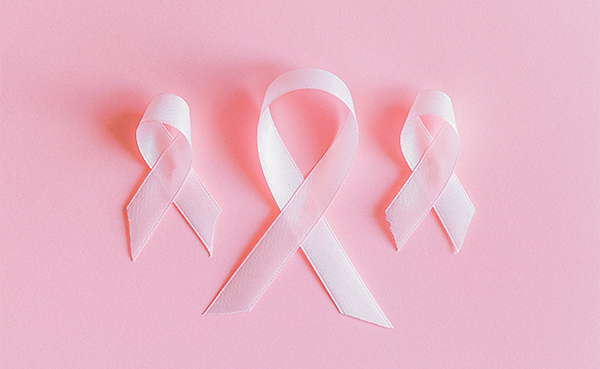High blood pressure and your heart: How can you keep healthy?
Feb 12, 2021

High blood pressure (also called hypertension) affects almost half of all adults in the United States. But out of that number, only one in four have their hypertension under control.
Why does managing your blood pressure matter? And if you have high blood pressure already, what can you do? We spoke with Stephen Strategos, MD, internist with Adventist Health Physicians Network, to learn more.
Q: How does hypertension increase a person’s health risks?
A: Hypertension is at the core of several devastating diseases. Stroke, heart attack, kidney disease and heart failure all rank among the top 10 conditions healthcare providers treat every day. For all of these conditions, hypertension is an important modifiable risk factor. In fact, it is the most important modifiable risk factor for heart disease. When we look at a person’s risk factors, hypertension is more common than smoking, diabetes or high cholesterol.
The bottom line is that hypertension increases health risks by putting too much pressure on vital organs, such as the brain or kidneys. That pressure interrupts normal function and increases the risks of additional health problems including vascular disease and loss of organ function.
Q: What are the risk factors for hypertension?
A: Some of the most common risk factors include age, elevated body mass index (BMI), a family history of hypertension and race. In younger patients, consuming a high-salt diet, excessive alcohol intake and a sedentary lifestyle are all significant risk factors.
It’s also important to assess what daily habits could be increasing your risk. For example, medications like decongestants or ibuprofen can increase risk. Overconsuming caffeine can impact your blood pressure. People also need to be aware of any underlying diseases, such as thyroid disease, diabetes and even sleep apnea.
Q: What can people do to prevent hypertension?
A: As the saying goes, “if you don’t know your enemy, you can’t fight it.” To that end, the best prevention strategy is to be aware of your personal risk factors. For people who are overweight, with every pound of weight loss, you can drop your blood pressure by one point. This guideline can help you understand what your goals are if you need to lower your blood pressure.
Specific dietary choices can help. The Dietary Approaches to Stop Hypertension (DASH) diet is a healthy eating plan to prevent and treat high blood pressure. The DASH diet emphasizes eating whole grains, fruits, vegetables, lean meat, nuts and healthy fats. The less processed foods you eat and the lower your sodium intake, the better.
Many people ask how often they need to exercise for their heart health. Aim for 30-minute sessions of aerobic activity five times per week. Aerobic exercise may look like brisk walking, cycling or using an elliptical machine, to name a few examples. It’s also essential to incorporate resistance training, such as weight training, resistance bands, Pilates or yoga.
Q: If I have hypertension, what can I do to keep my heart healthy?
A: One key to keeping your heart healthy if you have hypertension is salt restriction. When we say salt restriction, it’s more than just limiting your use of table salt. Many processed, canned and prepackaged foods are full of extra sodium and empty calories. When you grocery shop, stick to the outer aisles where there are fresh fruits and vegetables, lean meats, whole grains and low-fat dairy. Try to avoid shopping in the inner aisles as much as you can.
If your doctor has put you on any medications for high blood pressure, you need to take them exactly as prescribed. Don’t skip any doses and be consistent.
Q: What else can I do to improve my health?
A: Your blood pressure is affected by countless variables. As you develop your plan to improve your health, it’s crucial that you create time to take inventory of what factors could impact you.
There are many scientific aspects to medical problems, but at the end of the day, managing our relationships and daily stressors is pivotal. Bitterness, unresolved emotional trauma, suffering relationships and work frustrations are all factors that can contribute to increased blood pressure. You will benefit your health by addressing these stressors in a healthy manner—and you will likely arrive at a more peaceful state of mind.
If you need help managing your blood pressure, or have any other health concerns, find a healthcare provider today.


